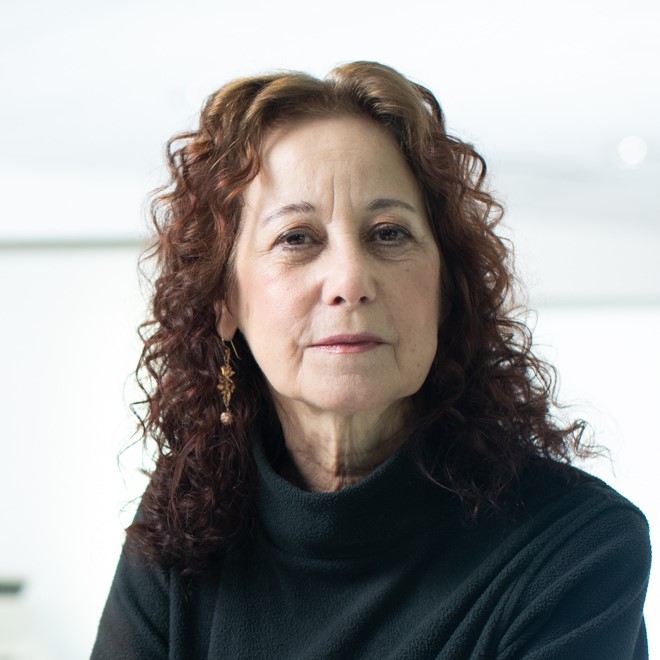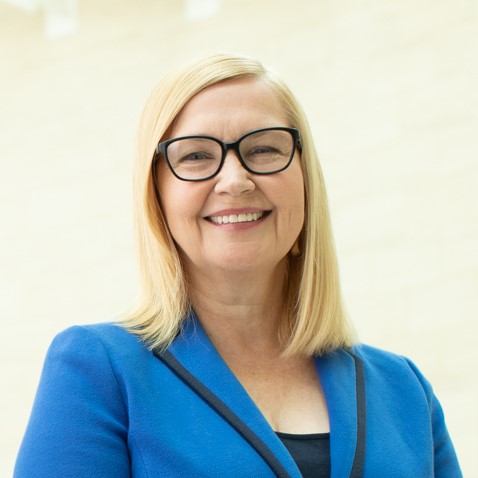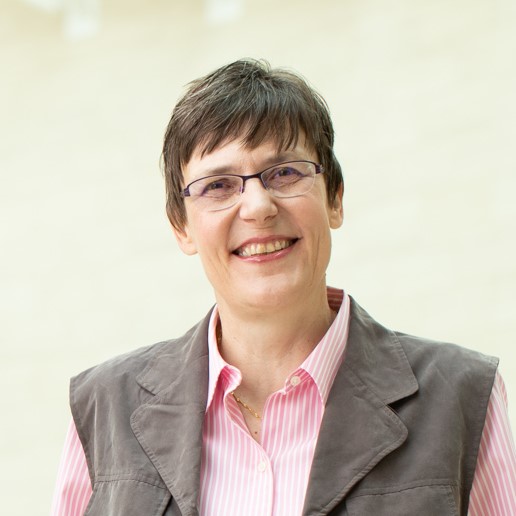How cellular senescence could help stop the scourge of Alzheimer’s, cancer and other chronic diseases
Event Registration
$27 million in federal grants propels the Buck’s pioneering research in cellular senescence as the NIH looks to research in aging to stop the scourge of Alzheimer’s, cancer and other chronic diseases
Recent awards from the NIH are moving the Buck’s already-stellar research of cellular senescence, which leads to a process called “inflammaging,” into new realms of discovery, including efforts to prevent and treat Alzheimer’s disease. Join us to find out how this influx of support is impacting our efforts to help all of us live better longer.
The science: Cellular senescence is a stress response that can lead to chronic low-level inflammation throughout our bodies. Dubbed “inflammaging,” this phenomena has been linked to diseases as varied as Alzheimer’s, osteoarthritis, macular degeneration and cancer.
The tantalizing possibility: Taming cellular senescence could allow us to tackle almost every age-related disease!
Join us for a conversation with the three Buck Institute professors who are leading these new research projects.
- December 9, 2021
- Time
- 11:00 am - 12:00 pm PT
- Online
We will send out a zoom link the day before your scheduled session, and a reminder email the morning of the session.


